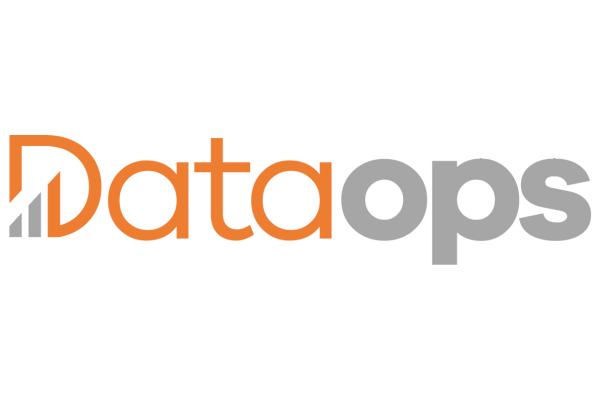Why Data Governance Must Come Before AI
- DataOps

- Sep 18
- 2 min read
Updated: Nov 17
Artificial Intelligence promises transformative insights and automation across industries. But as the leaders at DataOps have seen, the biggest obstacle to effective AI isn’t always the model, it’s the data. Without solid governance, data can be inconsistent, biased, or non‑compliant. A well‑structured data governance framework ensures the data feeding into AI is accurate, ethical, traceable, and legally usable. Only then can AI deliver on its promise with trust, transparency, and real business value.
Here are core reasons why DataOps believes data governance must precede AI:
1. Ensuring Data Quality and Integrity
According to IBM, data governance helps guarantee integrity, accuracy, completeness, and consistency through stewardship, documented lineage, and properly defined policies. Without this, AI models risk producing unreliable or misleading outcomes.
2. Managing Risk, Compliance, and Security
Strong governance frameworks define who owns data, how it’s handled, and how it’s protected, helping organizations adhere to laws like GDPR, HIPAA, and other regulatory standards. Governance also helps prevent misuse or exposure of sensitive information.
3. Transparency, Explainability, and Trust
To use AI responsibly, stakeholders need to see where data comes from, how it has been transformed, and that it meets ethical standards. IBM emphasizes that knowing the origin, sensitivity, lifecycle, and transformations of data is foundational for oversight and accountability in AI systems.
4. Scalability & Cost Efficiency
As organizations scale up AI applications, governing data avoids costly duplication, misaligned definitions, hidden biases, redundant data storage, and inefficient pipelines. Clear governance helps streamline operations, enabling faster, more reliable AI deployment.
What Happens If You Skip Governance
AI models may underperform or produce biased outcomes because of flawed data.
Organizations can face privacy violations, legal penalties, or loss of reputation.
Stakeholders are less likely to trust AI outputs, impeding adoption.
Fixing data issues later is far more expensive than doing governance upfront.
From the DataOps Perspective
At DataOps, we consider governance foundational. We believe:
Data efforts must align with business goals: know what data matters, who owns it, how it’s used.
Governance systems (stewards, documentation, lineage, privacy policies) must be in place before experimental AI development.
Risk mitigation is not optional, it’s part of responsible innovation.
Only once data governance is in place do we scale AI initiatives: experimentation, deployment, iterative improvement with confidence.
Actionable Takeaways
Here are 5 concrete steps to build strong data governance before you launch AI projects:
Assign data ownership and stewardship: designate responsible roles for datasets or domains to oversee quality, access, documentation.
Define data quality standards and metrics early: establish what counts as accurate, complete, consistent, timely data; monitor continuously.
Build comprehensive metadata, catalogue, and lineage tracking: know where data comes from, how it was transformed, and where it flows.
Create policies for privacy, access, ethics, and compliance: include consent, protection of sensitive data, oversight of bias and fairness.
Start with a pilot and design to scale: test governance in one domain or project, refine processes, and ensure they can handle growth.
Conclusion
AI has enormous potential. But in our experience at DataOps, deploying AI without governance is like building a house without a foundation, unstable and risky. Governance, properly done, enables trust, compliance, performance, and innovation. When your data is governed, AI doesn’t just become possible, it becomes powerful.



